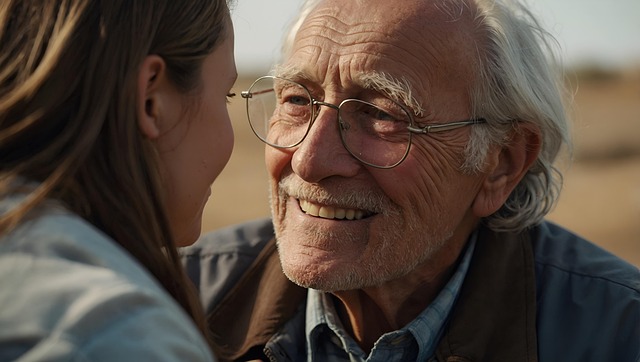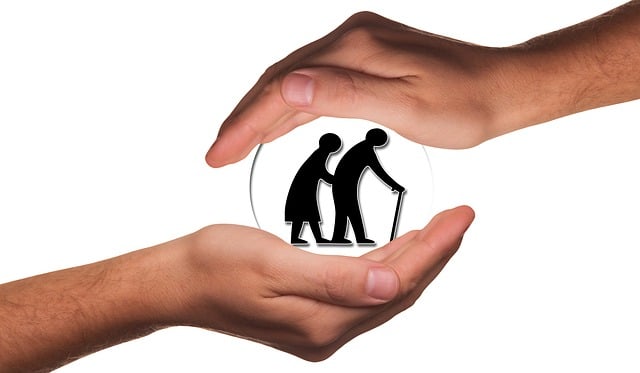Legal Guidance for Elderly Sexual Abuse Survivors in New Jersey
Elderly sexual abuse is a profound issue, often hidden within the complexities of aging care. In New Jersey, understanding the legal framework surrounding this sensitive topic is crucial for survivors seeking justice and closure. This guide aims to navigate you through the process, addressing key aspects such as defining elderly sexual abuse, overcoming barriers to reporting, and exploring legal avenues for compensation. With specialized legal support from an elderly sexual assault lawyer in New Jersey, survivors can take steps towards healing and recovery.
Understanding Elderly Sexual Abuse: Definitions and Legal Framework in New Jersey
Elderly sexual abuse is a sensitive and often underreported issue, making it crucial for survivors in New Jersey to be aware of their legal rights and options. In the state of New Jersey, elderly sexual assault is defined as any non-consensual sexual act or behavior committed against an individual 60 years or older. This includes a wide range of offenses, from unwanted touching to more severe forms of assault, and it can occur in various settings, such as care facilities, homes, or even within families.
The legal framework surrounding elderly sexual abuse in New Jersey is designed to protect victims and ensure justice. Survivors may seek compensation through civil lawsuits against perpetrators or institutions responsible for the abuse. An elderly sexual assault lawyer in New Jersey can guide survivors through this complex process, helping them navigate the legal system, understand their entitlements, and pursue the justice and redress they deserve.
The Challenges Faced by Survivors: Barriers to Justice and Support
Elderly sexual abuse survivors in New Jersey often face significant challenges in seeking justice and accessing support. Barriers to reporting and pursuing legal action include embarrassment, fear of retribution, and a lack of understanding about their rights. Many elderly victims may have limited mobility or cognitive impairments that make it difficult for them to navigate the legal system, especially when combined with the emotional trauma they’ve experienced.
Additionally, financial constraints can deter survivors from seeking help, as legal services can be costly. Language barriers and cultural stigma further complicate matters, particularly for non-native English speakers or those from diverse cultural backgrounds. Despite these hurdles, an elderly sexual assault lawyer in New Jersey can play a crucial role in empowering survivors by providing legal guidance tailored to their unique needs and helping them overcome these barriers to access the justice they deserve.
Navigating the Legal System: Steps to Seek Compensation and Closure
Navigating the legal system after experiencing sexual abuse, especially as an elderly survivor in New Jersey, can be a daunting task. It is crucial to understand your rights and options to seek justice and compensation. The first step is to consult with an experienced elderly sexual assault lawyer in NJ who specializes in these cases. They can provide guidance tailored to your unique situation, ensuring you understand the legal process and available remedies.
Your attorney will help you document and gather evidence, which may include medical records, police reports, or witness statements. This process is essential to build a strong case. They will also guide you through the options for legal action, whether it’s filing a civil lawsuit against the abuser or seeking criminal charges, or both. With their support, you can take proactive steps towards closure and hold the perpetrator accountable.
Resources and Support Networks for Elderly Sexual Assault Survivors in NJ
Elderly sexual assault survivors in New Jersey have access to a range of resources and support networks tailored to their unique needs. Many organizations offer specialized services, including legal aid from elderly sexual assault lawyers who can guide victims through complex legal processes. These attorneys are equipped to handle sensitive cases and understand the specific challenges faced by older adults.
Support groups, counseling services, and community-based organizations provide crucial emotional and psychological assistance. They offer safe spaces for survivors to share their experiences, connect with peers, and access resources like financial aid, medical care, and housing support. The state’s legal system also includes dedicated units specializing in elder abuse cases, ensuring that survivors receive the justice and protection they deserve.





